Are Tomatoes Good For Your Liver?
Lycopene, an antioxidant that helps shield the liver and lessen inflammation, is abundant in tomatoes. They also supply vitamin C and potassium. Consuming ketchup, canned tomato products, and whole tomatoes will provide you with these nutrients.
In addition to being low in calories, tomatoes are a good source of potassium, lycopene, and vitamins B and C. They can aid in satiety and help you avoid overindulging. Additionally, they can reduce blood pressure.
Lycopene is abundant in tomatoes.

Lycopene, an antioxidant that combats free radicals, is abundant in tomatoes. It shields our skin from damaging UV radiation and gives tomatoes their vivid red colour. It has been discovered to lower the chance of developing emphysema, a disorder that results in the lungs' air sacs deflating and breaking down. In addition, lycopene has been shown to boost immunity, reduce blood clot risk, decrease cholesterol, and reduce inflammation.
A high-lycopene diet was found to minimise hepatocellular cancer and fatty liver disease in mice. Additionally, it encouraged frequent bowel motions, which aid in the body's cleansing. In addition, tomatoes are a good source of potassium, vitamin C, and folate.
Cooking increases the bioavailability of tomatoes, which are the main dietary source of lycopene. By altering the chemical structure of the carotenoid to make it more absorbable, cis-isomerization—a process brought on by the heat used to produce tomato products—lycopene becomes more accessible. For this reason, lycopene is present in higher concentrations in meals like tomato sauce and canned tomatoes than in fruits or raw tomatoes.
They are a fantastic way to get vitamin K.

Vitamin K, which strengthens bones and prevents blood clots, is present in tomatoes in good amounts. Additionally, they have antioxidants, which help stop the growth of malignant cells in the liver. Indeed, they have the ability to stop liver cells from changing into malignant ones. The reason for this is that lycopene scavenges the free radicals that harm the liver's cells.
Furthermore, Lycopene contributes to the prevention of non-alcoholic fatty liver disease (NAFLD). Tomato lycopene scavenges the DNA-damaging chemicals that cause nonalcoholic fatty liver disease (NAFLD), which can lessen liver fat formation and hepatic inflammation.
Broccoli is another vegetable that is beneficial to the liver since it includes glutathione, an antioxidant that aids in liver cleansing. Broccoli also lowers lipids and cholesterol. It is a great alternative to red meat, which is advised against in a diet for fatty livers, and it also raises HDL cholesterol.
They offer a good potassium supply.
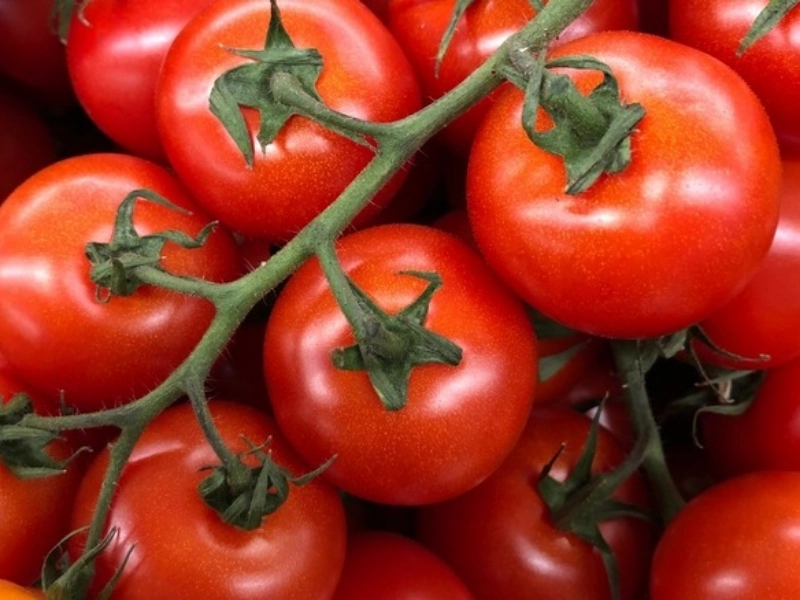
Potassium is abundant in tomatoes and is vital for the health of your liver. Lycopene and other antioxidants found in tomatoes are also very beneficial to the heart and brain. They can lower cholesterol, lessen the risk of stroke, and guard against emphysema, which affects the lungs' air sacs. Some studies even suggest they can prevent asthma.
Additionally, they are a good source of vitamin C, which is critical for strong immunity. It aids in wound healing and infection defence. It also encourages skin and gum health.
One of the finest foods for lycopene, an antioxidant that aids in disease prevention, are tomatoes, which can be consumed raw or cooked. Lycopene absorption is enhanced when tomatoes are cooked, as in tomato soup or sauce. To improve absorption, try adding a small amount of fat, such as olive oil, to your tomatoes. You can even sprinkle some over a whole wheat toast or salad.
These are fantastic ways to get vitamin C.
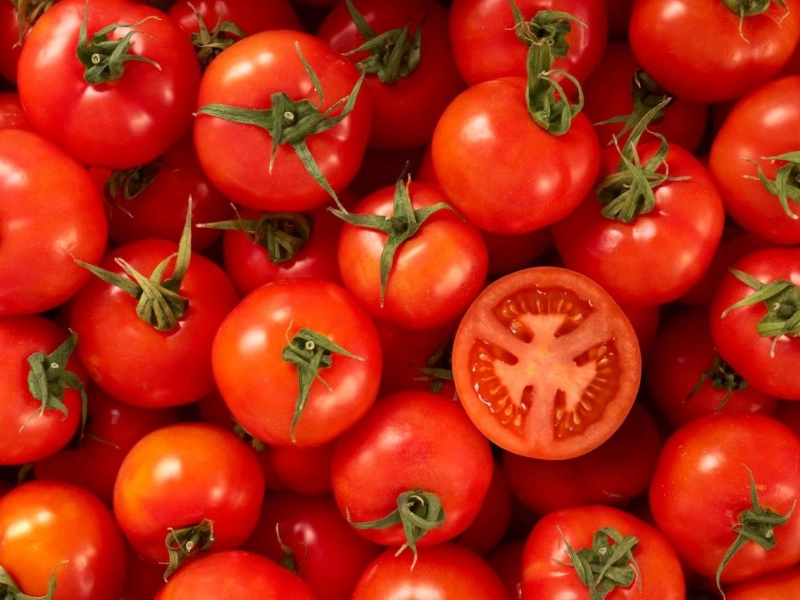
Rich in vitamin C, tomatoes aid in the body's detoxification process. This vitamin guards against liver damage and aids in the reduction of oxidative stress. Moreover, it encourages the synthesis of glutathione, a natural detoxifier. Its antioxidant qualities also aid in the fight against cancer. Additionally, tomatoes are a wonderful source of potassium. 292 mg of potassium, which is necessary for blood pressure regulation, may be found in a medium tomato.
Your body produces more lycopene when you regularly eat tomatoes. This is a potent anti-carcinogenic substance that can stop the growth of multiple malignancies, such as stomach, prostate, and lung tumours. Because it lowers cholesterol, it can also lessen the risk of inflammatory disorders and heart disease.
Vitamin A, which is abundant in tomatoes, enhances vision and helps stave off macular degeneration and night blindness. Additionally, they are a good source of lutein, which strengthens bones. Additionally, tomatoes are a fantastic source of vitamin C, which is necessary for collagen synthesis and healthy blood vessels.
Stay Updated
Actionable growth insights, once a week. No fluff, no spam—unsubscribe anytime.
You May Like

Do Hamster Bite Wounds Hurt?
07/06/2025
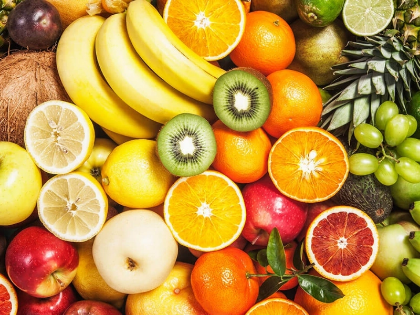
Which Fruit is Highest in Sugar?
09/03/2025

Is 2 Eggs a Day Too Much Cholesterol?
07/21/2025
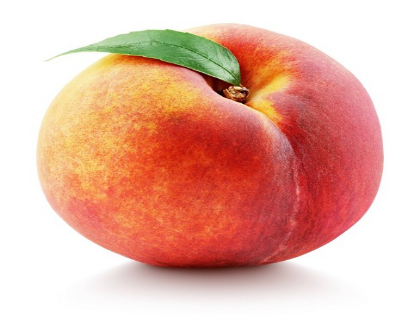
Are Peaches Good For Wrinkles?
07/02/2025

Which Fruit Has No Sugar?
08/10/2025

Do potatoes help with joint pain?
07/11/2025

Can a peach help you lose weight?
08/06/2025

Can Goldfish Live in Tap Water?
08/16/2025

Can tomatoes boost your metabolism?
08/19/2025

Do boiled eggs have health benefits?
07/30/2025

Do peaches prevent ageing?
07/02/2025
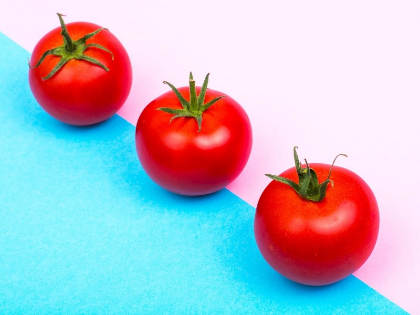
Is Tomato OK For Diabetes?
08/31/2025

And how can I make my hamster content?
08/03/2025

Do peaches benefit the kidneys?
06/30/2025

Hamsters Can Be Noisy at Night, But There Are Ways to Minimize the Racket
07/16/2025

How Do I Know My Hamster is Happy?
08/04/2025

Is keeping a hamster in your bedroom safe?
06/26/2025

Are Potatoes Bad For Cholesterol?
08/08/2025
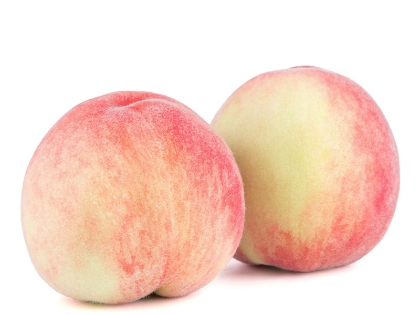
Do peaches help lower blood pressure?
07/02/2025

Do hamsters enjoy silence?
08/30/2025

How to Know If Your Hamster Likes You
08/16/2025
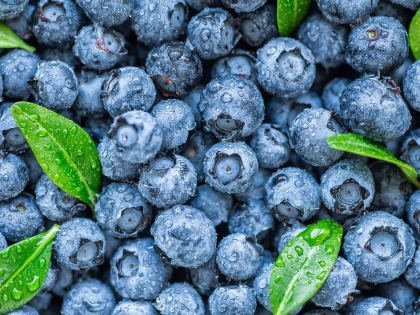
Do Bananas and Peaches Have More Sugar Than Bananas?
06/27/2025
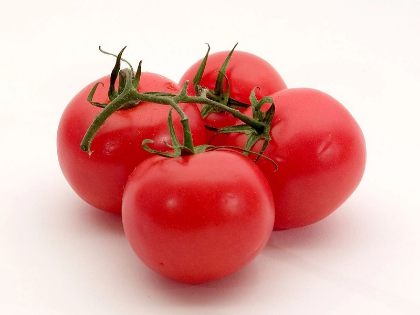
The Benefits of Tomatoes for Men
06/29/2025

What to Do If Hamster Bites You
08/19/2025
Comments
PrismVoyager · 08/01/2025
Provides a resilient baseline lens.
QuantumNomad · 08/03/2025
Curates rather than overwhelms.
KineticHarbor · 07/29/2025
Suggests cost-of-delay awareness.
LanternWarden · 07/22/2025
The dependency graph feels sane.
CircuitNomad · 07/26/2025
Worth a lunch‑and‑learn session.